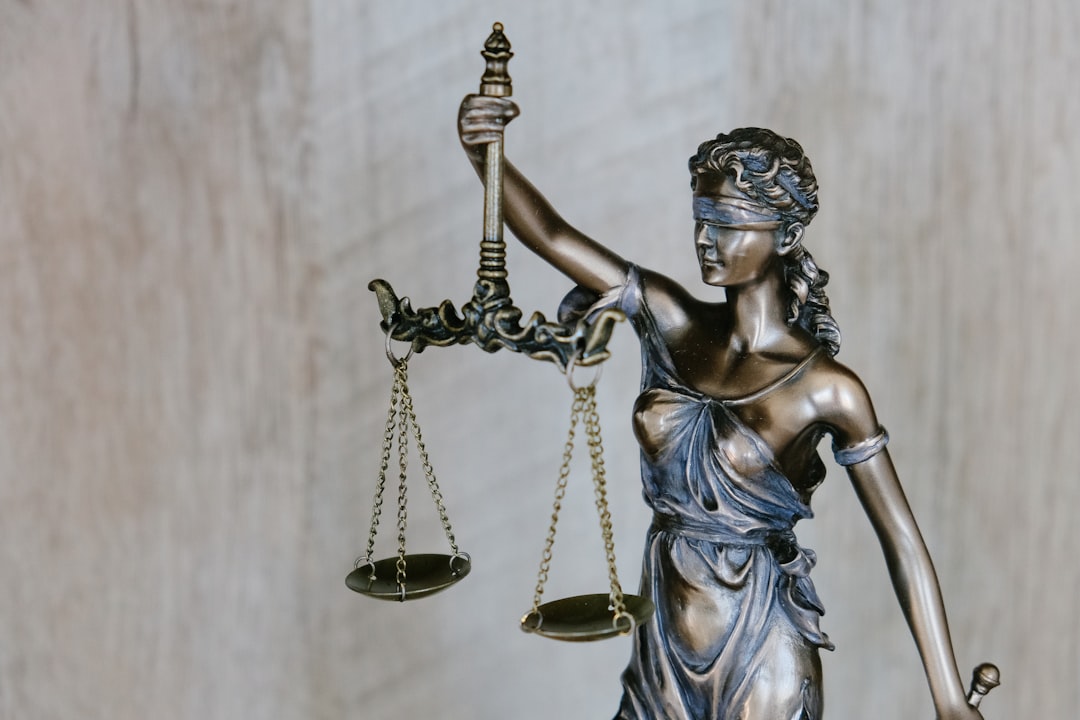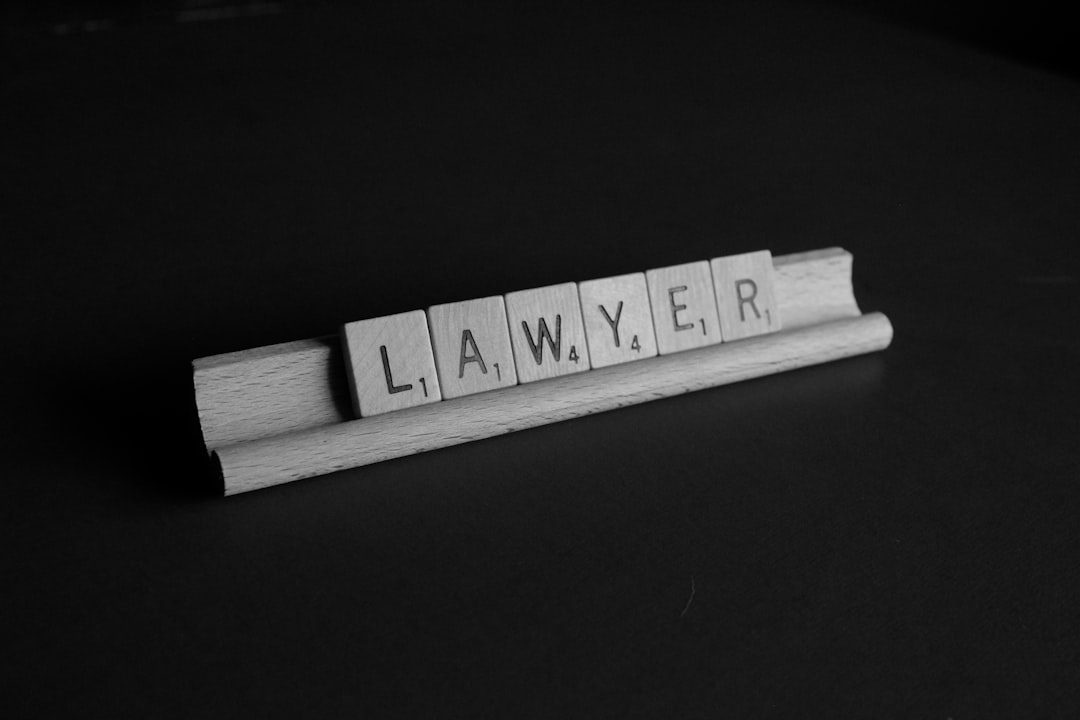Colorado's legal system offers a comprehensive approach to handling repeat offenders in schools, prioritizing student safety and well-being. Strict policies and laws, such as C.R.S. § 18-1-405 and C.R.S. § 22-32-804, guide the process. School abuse lawyers play a critical role in advocating for victims' rights while ensuring due process. Prompt action, including expulsion or suspension, is taken against repeat offenders, accompanied by referrals to legal and mental health services to break negative patterns. This structured framework balances discipline with rehabilitation, with Colorado courts considering safety, disciplinary history, and individual needs to determine suitable consequences.
In Colorado, addressing repeat offenders in schools involves a multifaceted legal system designed to balance student safety with due process. This article explores Colorado’s unique approach, delving into its legal framework, the crucial role of school abuse lawyers, and support systems that foster a safer learning environment. By examining key statutes, case law, and collaborative efforts, we uncover strategies to protect students and hold perpetrators accountable, highlighting the essential contributions of school abuse lawyers in this vibrant education landscape.
Colorado's Legal Framework for Addressing Repeat Offenders in Schools

In Colorado, the legal system has established a framework to address repeat offenders in schools, with a focus on both accountability and rehabilitation. The state’s laws prioritize student safety and well-being, ensuring that instances of school abuse are taken seriously. School abuse lawyers in Colorado play a vital role in advocating for victims and holding perpetrators accountable under the law.
The legal framework involves a multi-faceted approach, including stringent policies against repeat offenders, mandatory reporting procedures, and tailored interventions. When a student is identified as a repeat offender, school administrators and relevant authorities are compelled to take prompt action. This may involve expulsion or suspension, as well as referrals to legal and mental health services. Such measures aim to disrupt the cycle of misbehavior while providing support to address underlying issues.
– Overview of Colorado's laws and regulations regarding student discipline and legal representation

Colorado’s legal system takes a stringent approach to addressing repeat offenders in schools, with a focus on both student discipline and ensuring due process rights. The state has specific laws and regulations in place to handle student misconduct, emphasizing rehabilitation and accountability. When it comes to severe cases or allegations of school abuse, students are entitled to legal representation, just as they would in any other legal proceeding.
School abuse lawyers in Colorado play a crucial role in protecting the rights of students facing discipline or criminal charges. These attorneys specialize in navigating the complex educational and legal systems, ensuring that students’ constitutional rights are upheld. They provide guidance on acceptable disciplinary actions, represent students during investigations, and offer strategic advice to mitigate potential consequences.
– Key statutes and case law that shape the handling of repeat offenders

In Colorado, the legal system has specific statutes and guidelines in place to address repeat offenders within schools. Key laws like C.R.S. § 18-1-405 and C.R.S. § 22-32-804 play a pivotal role in shaping the response to instances of recurring misbehavior, especially those involving school abuse lawyers Colorado. These statutes empower authorities to implement robust measures to protect students and ensure accountability for repeat offenders.
Case law further clarifies and interprets these laws, providing a framework for schools and legal professionals to navigate such cases effectively. The Colorado courts have emphasized the importance of a balanced approach, considering both the need to maintain a safe learning environment and the individual circumstances of each case. This includes evaluating the severity of offenses, prior disciplinary actions, and potential rehabilitation strategies, all of which are crucial factors in determining appropriate consequences for repeat offenders.






